Welcome to our comprehensive guide on the most common causes of out-of-air emergencies in scuba diving.
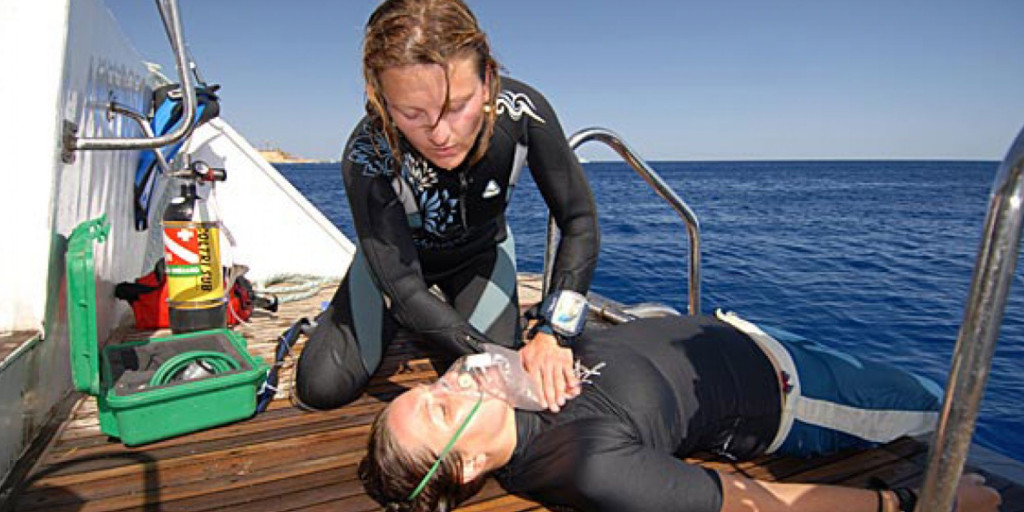
Exploring the breathtaking underwater world comes with its risks, and running out of air can quickly turn a thrilling adventure into a dangerous situation.
In this article, we will delve into the key factors that can lead to out-of-air emergencies and provide you with valuable insights and techniques to prevent such incidents.
Whether you’re a seasoned diver or just starting your underwater journey, understanding how to conserve air, recognize important signals, and prioritize safety will enhance your diving experience and ensure you stay well-prepared for any situation. Let’s dive in!
1-Diving too Deep
One of the most common causes of out-of-air emergencies is diving too deep. As divers descend to greater depths, the pressure increases, which leads to increased air consumption. Without proper monitoring and control, divers can quickly deplete their air supply and find themselves in a dangerous situation.
2-Staying Too Long
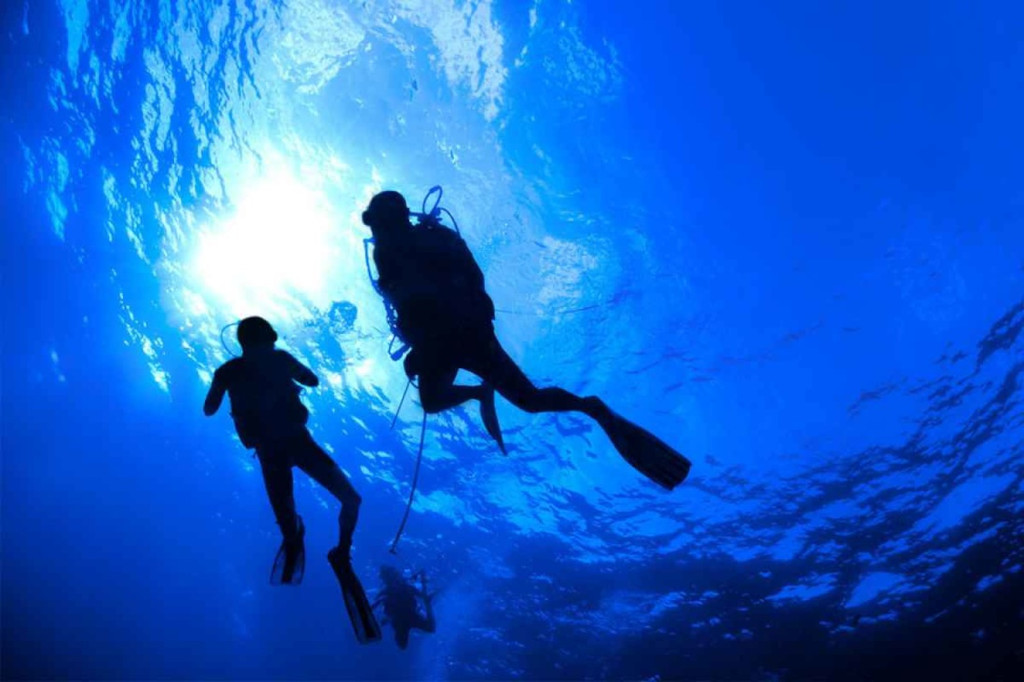
Another common cause of out-of-air emergencies is staying underwater for an extended period. The longer you stay submerged, the more air you consume. Ignoring dive time limits or neglecting to monitor your air supply can result in running out of air before reaching the surface safely.
3-Working too Hard
Physical exertion while diving can significantly increase your breathing rate and deplete your air supply faster. Activities like swimming against strong currents, carrying heavy equipment, or engaging in strenuous tasks underwater can lead to out-of-air emergencies if not managed properly.
4-Not Monitoring Your Pressure Gauge
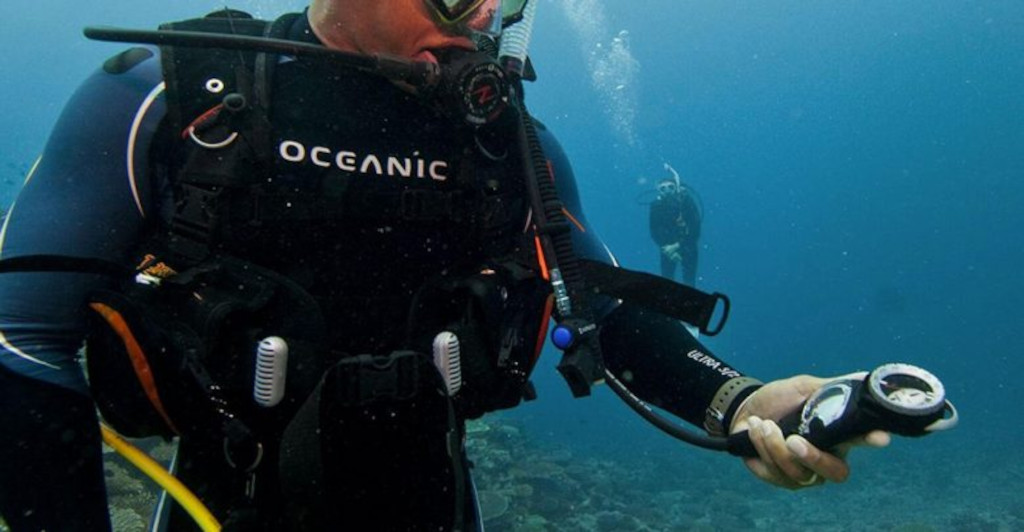
Failing to monitor your pressure gauge throughout the dive is a common mistake. It’s essential to keep track of your air consumption regularly and plan your dive accordingly. Neglecting to check your gauge or ignoring the warnings it provides can leave you without air when you least expect it.
5-Ignoring Anxiety as a Factor
Anxiety can have a significant impact on a diver’s breathing rate and air consumption. Ignoring feelings of anxiety or panic underwater can cause rapid and shallow breathing, resulting in the depletion of your air supply. It is crucial to address any anxiety-related issues before diving and to practice relaxation techniques while underwater.
6-Starting With Less Than a Full Tank
Setting off on a dive with less than a full tank of air is a risky move. Underestimating your air requirements or assuming that you can conserve air during the dive can lead to running out of air prematurely. Always start your dive with a full tank to ensure an adequate air supply throughout the dive.
7-Not Opening the Tank Valve All the Way
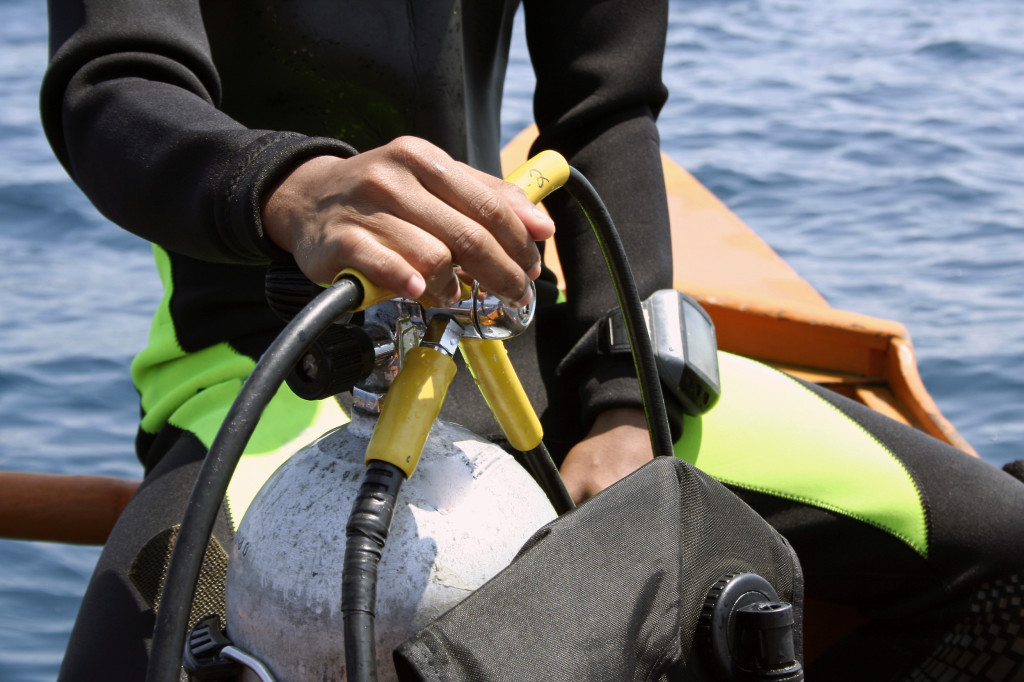
Properly opening the tank valve is crucial to allow a consistent flow of air to your regulator. Failing to fully open the tank valve can restrict the air supply, leading to insufficient breathing gas and potentially running out of air sooner than expected.
8-Frequent Depth Changes and BCD Adjustments
Constantly changing depth and making frequent adjustments to your buoyancy control device (BCD) can impact your air consumption. Rapid ascents or descents and excessive BCD inflation or deflation can lead to an increased breathing rate and faster air depletion, increasing the risk of an out-of-air emergency.
9-Omitting Predive Check and Buddy Checks
Neglecting pre-dive checks and buddy checks is a common cause of scuba out-of-air emergencies. These checks ensure that all equipment is functioning properly, including the regulator, BCD, and pressure gauge. Failing to identify issues before the dive can result in equipment failure and an unexpected depletion of your air supply.
10-Regulator
Regulator malfunctions can occur due to various factors such as improper maintenance, damage, or wear and tear. Failure of the regulator can lead to a loss of air supply during the dive. Regular servicing, inspections, and carrying a spare regulator can help mitigate the risk of an out-of-air emergency.
11-Bounyancy Control Device BCD
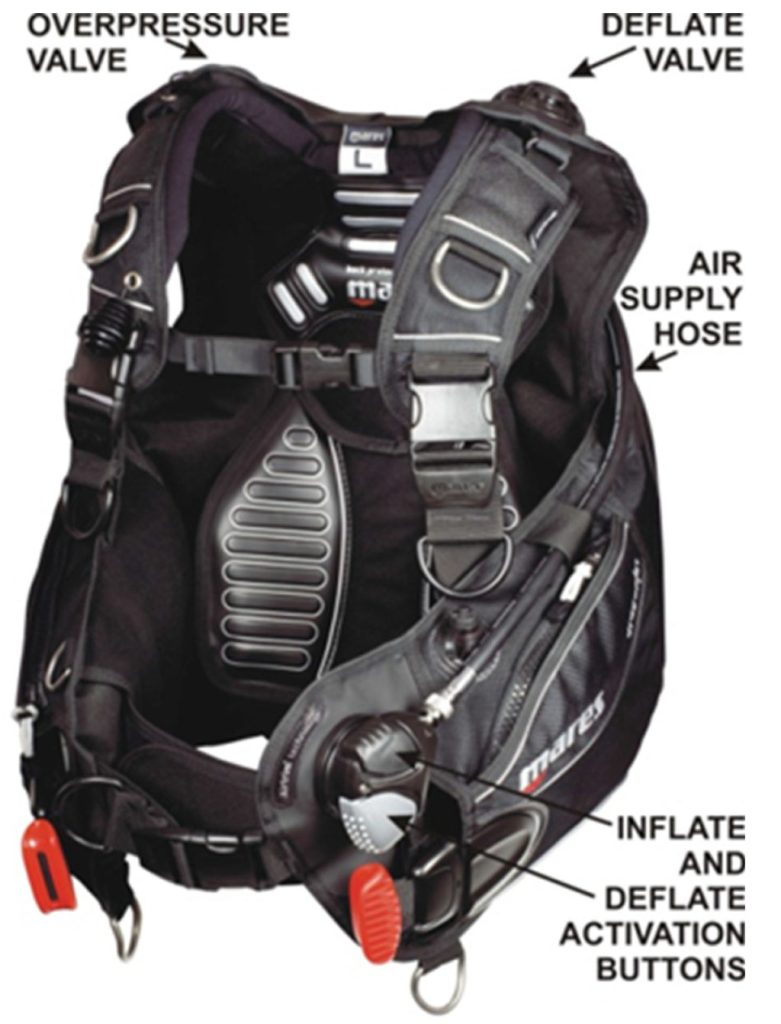
Issues with the buoyancy control device (BCD) can affect your air consumption. Improperly functioning BCD valves or leaks can lead to air loss and faster depletion of your air supply. Regular maintenance, proper handling, and thorough inspections of your BCD can prevent potential out-of-air situations.
12-Pressure Gauge
The pressure gauge provides vital information about your air supply. A malfunctioning or inaccurate pressure gauge can mislead divers into believing they have more air than they actually do, leading to an unexpected depletion of their air supply.
Monitoring the pressure gauge regularly and ensuring its accuracy is crucial for maintaining awareness of your remaining air. This allows you to make informed decisions about your dive and take appropriate actions, such as surfacing or sharing air with a buddy, if necessary. Properly functioning and calibrated pressure gauges are essential for safe diving practices.
Sumarizing
Maintaining a sufficient air supply during scuba diving is vital for a safe and enjoyable experience. By being aware of the common causes of out-of-air emergencies and implementing preventive measures, such as monitoring your air consumption, recognizing scuba out-of-air signals, and understanding your scuba tank’s capacity, you can significantly reduce the risk of running out of air while diving.
Additionally, practicing responsible diving techniques, staying calm underwater, and communicating effectively with your dive buddy or team are essential for mitigating potential emergencies. Remember, safety should always be your top priority when exploring the wonders of the underwater world. Happy and safe diving!
